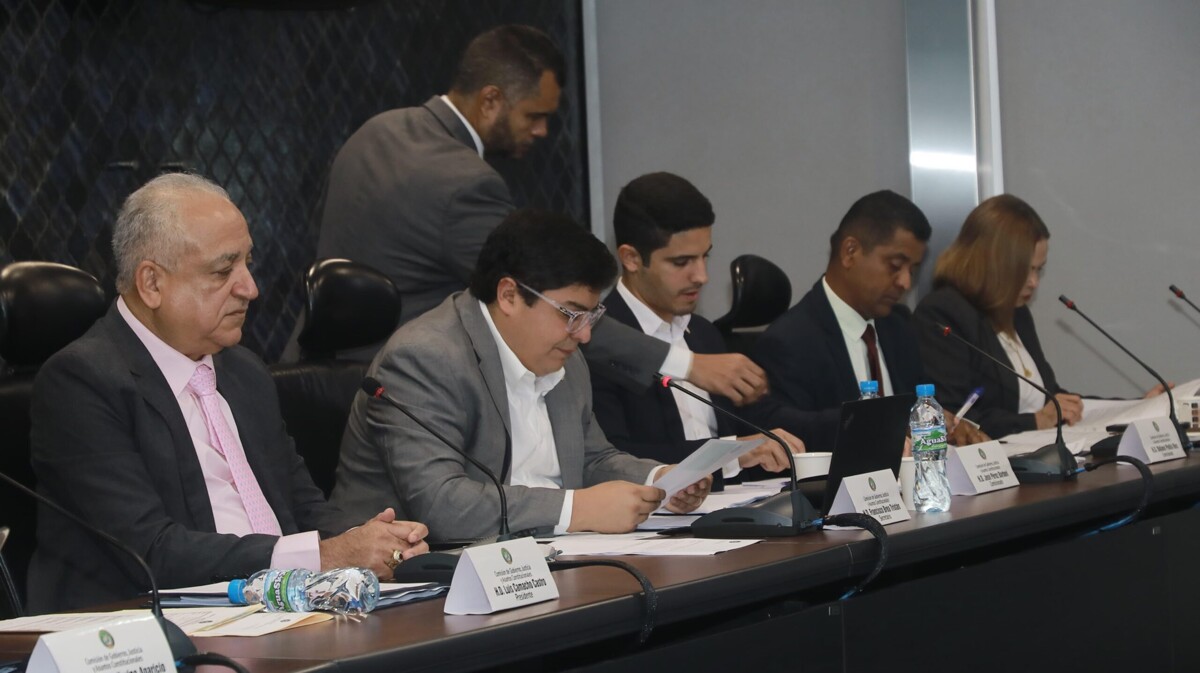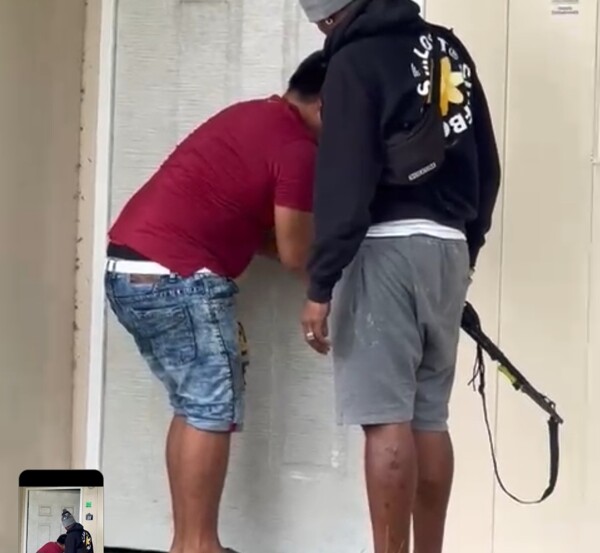
In the Commission of Government, Justice and Constitutional Affairs, chaired by deputy Luis Eduardo Camacho, the project of law 90, which establishes the body-worn camera system for the National Police, was approved in the first debate. Deputy José Pérez Barboni, proponent of the initiative, highlighted the importance of ensuring the chain of custody in police procedures and mentioned the possibility of making adjustments in the modifications and regulations, considering the participation of the Institute of Legal Medicine and Forensics in this process.
José Abel Almengor, former magistrate of the Supreme Court of Justice, emphasized the relevance of implementing this recording system to obtain information that can be used in judicial processes, especially in the criminal field. He underscored the need to follow protocols to guarantee the integrity of the recordings and facilitate their use in judicial investigations, stressing the importance of having a complete and accurate record of events in real-time.
The main objective of incorporating body-worn cameras in police procedures is to provide greater transparency and efficiency in the actions of the National Police, protecting both officers and citizens involved in investigations. Commissioner Rosa Broce noted that currently the National Police employs this camera system experimentally, underscoring the importance of establishing a clear regulatory framework and ensuring its proper implementation in the future.
In summary, the approval in the first debate of the project of law 90 on body-worn cameras for the National Police represents a significant advancement in improving police procedures, ensuring the traceability of the information collected and strengthening the collection of evidence in judicial investigations. With these measures, the goal is to consolidate a recording system that contributes to transparency and accountability in the area of public safety in Panama.














